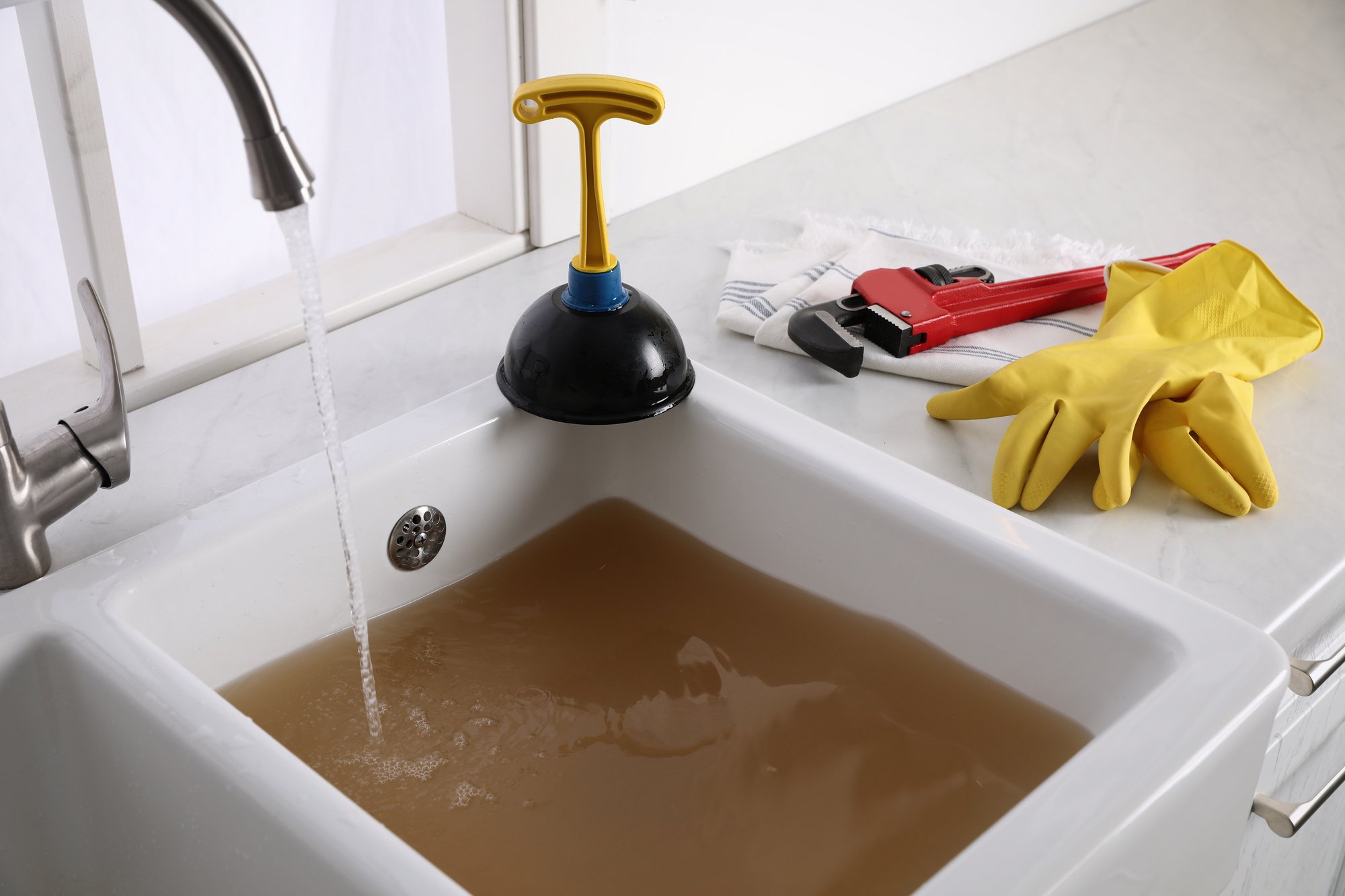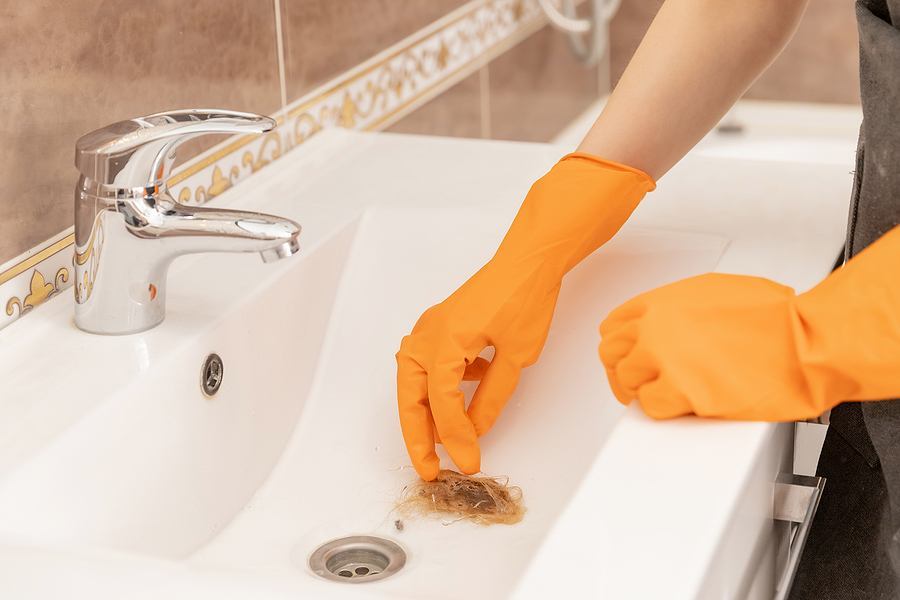Are you currently interested in answers around Essential DIY Bathroom Plumbing Tips Every Homeowner?

For new home owners, understanding and preserving bathroom plumbing can save both time and money by protecting against costly concerns down the line. Right here are some essential restroom plumbing tips to assist you maintain everything running efficiently.
Familiarize Yourself with the Key Shut-Off Valve
Recognizing where the major water shut-off shutoff lies in your house is critical. This permits you to swiftly shut off the supply of water in case of major leakages or throughout pipes emergencies, preventing considerable water damage.
Frequently Check for Leaks
Little leaks can cause big troubles. Frequently check under sinks, around toilets, and near plumbing fixtures for any indications of leakages. Look for moisture, tiny drips, or rust. Catching and fixing leakages early can prevent a lot more significant damages and save water.
Don't Disregard Slow Drains Pipes
If your sink or tub is draining pipes gradually, it's usually a sign of a clog forming. Addressing this early can prevent a full clog. Make use of a bettor or a plumbing professional's serpent to remove debris. Stay clear of making use of chemical drainpipe cleaners as they can harm your pipelines with time.
Know What Not to Flush
Commodes are not waste disposal unit. Avoid flushing anything apart from bathroom tissue and human waste. Things like wipes, womanly hygiene items, and cotton swabs ought to be taken care of in the trash to stop obstructions and sewer backups.
Set Up Strainers in Drains
Location filters in your sink and bath tub drains pipes to capture hair and other debris before they enter your pipes system. Cleaning up the strainers regularly will assist stop build-up and maintain water moving easily.
Keep Your Water Heater
Ensure your water heater is set to a proper temperature (commonly about 120 levels Fahrenheit) to stop hot and lower power use. Flush the storage tank every year to eliminate sediment buildup, which can reduce the performance and lifespan of your heating unit.
Upgrade Your Components
If your home has older fixtures, think about updating to more effective versions. Modern bathrooms, showerheads, and taps are designed to use less water while providing excellent stress, which can substantially minimize your water bill and ecological footprint.
Beware with DIY Pipes Fixes
While it's tempting to manage all home repair work by yourself, be cautious with plumbing. Some issues might require professional knowledge, especially if they include main water lines or sewer repairs. Working with a specialist can often be much more affordable than DIY, especially if it avoids additional damage.
Plan For Cold Weather
Safeguard your pipelines from cold during winter by shielding pipelines in unheated areas like basements, attics, and garages. Throughout severe cool, allow cold water drip from taps served by subjected pipes to assist stop freezing.
Arrange Normal Maintenance
Think about organizing annual evaluations with a certified plumber. They can identify concerns that you might miss, such as surprise leaks or wear and tear on pipes and fixtures. Routine upkeep assists expand the life of your pipes system and can prevent emergencies.
Verdict
Recognizing and keeping your home's restroom pipes can stop many typical issues. By complying with these important pointers, you can ensure your bathroom remains practical and reliable, saving you money and time in the future.
Essential Plumbing Tips for Homeowners: Keep Your Pipes Flowing Smoothly
As a homeowner, understanding the basics of your plumbing system can save you time, money, and a lot of headaches. Plumbing issues can range from minor annoyances like dripping faucets to major problems like burst pipes that cause significant damage. This guide provides essential tips to help you maintain your plumbing system and tackle common issues.
Understanding Your Plumbing System
Supply System: Brings fresh water into your home from a municipal source or a well. Drain-Waste-Vent System: Removes wastewater and vents sewer gases outside. Fixtures and Appliances: Includes sinks, toilets, showers, dishwashers, and washing machines. Basic Maintenance Tips
Regular Inspections: Periodically check for leaks, corrosion, and other signs of wear and tear. Look under sinks, around toilets, and near water heaters. Know Your Main Shut-Off Valve: In case of a major leak, you’ll need to shut off the water quickly. Ensure everyone in your household knows where the main shut-off valve is located. Prevent Frozen Pipes: In cold climates, insulate exposed pipes and let faucets drip during extreme cold to prevent freezing. Use Strainers: Install strainers in sinks and tubs to catch hair, food particles, and other debris that can cause clogs. Common Plumbing Issues and Solutions
Clogged Drains:
Prevention: Avoid pouring grease down the drain and use drain screens to catch debris. DIY Fix: Use a plunger or a plumbing snake to clear minor clogs. For stubborn clogs, a mixture of baking soda and vinegar can sometimes help. Leaky Faucets:
Prevention: Replace washers and seals regularly. DIY Fix: Turn off the water supply, disassemble the faucet, and replace worn parts.

Visit My Site